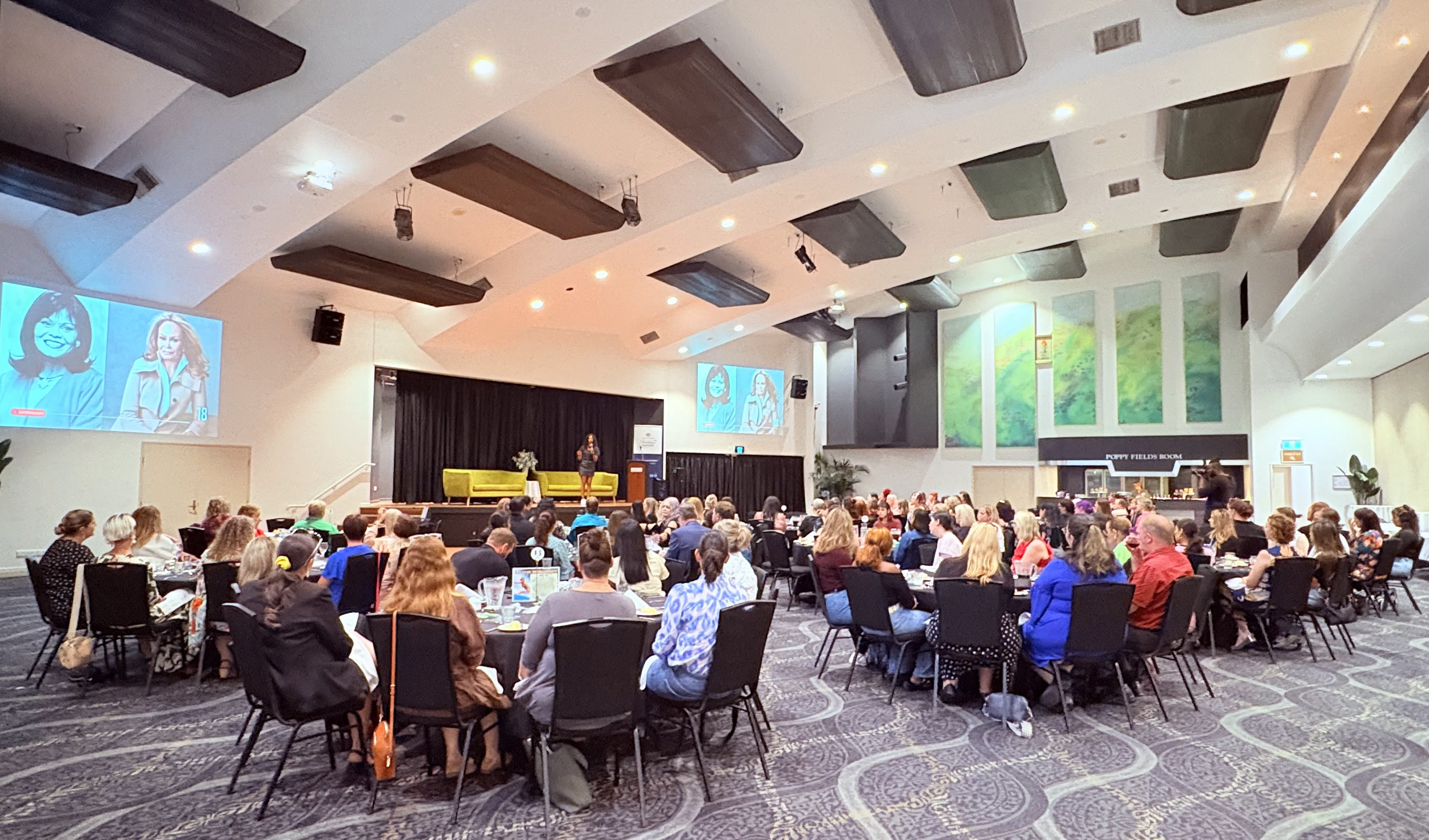Are all the PROCRASTINATION hacks not working?
I’ve tried all the habit hacks and strategies to wake up on time.
I’ve had people call me at a certain time only to pick up the phone and go straight back to bed.
I’ve left my phone in the bathroom only to get up, switch off the alarm, and bring it right back to bed with me.
I had all the logical-sounding reasons:
“I’m tired.”
“I’m exhausted.”
“My body needs sleep.”
“I went to bed late.”
(Side note: of course I went to bed late......because that gave me the perfect excuse to sleep in the next day!)
I’ve spent hours researching procrastination and still couldn’t hit the nail on the head.
It wasn’t just “resistance.”
It wasn’t a “fear of failure” or even a “fear of success.”
It wasn’t just avoiding the discomfort of doing the thing.
And it wasn’t undiagnosed ADHD.
I realised procrastination was a way I torment myself.
Not self-criticise.
Torment.
Over time, as I’ve gone deeper into my healing and self-awareness, my trauma has become more sophisticated, more sneaky.
It’s not as obvious.
Not as conscious.
By “sophisticated,” I mean unconscious.
When you’re self-aware, when you’ve read all the books, learned the neuroscience, and know all the behaviours you need strong external accountability to help you spot what’s hiding under the surface.
And that’s exactly what happened when a mentor said to me:
“You love to torment yourself.”
And it clicked.
That’s why I procrastinate.
Every time I sleep in.
Every time I don’t do the thing.
I get to self-criticise.
I get to dive headfirst into shame.
I have a reason to suffer.
If you’ve experienced conditional love, shame, trauma....or were constantly criticised...it becomes familiar to your nervous system.
Gay Hendricks calls this the “upper limit.” It’s your emotional baseline.
In inclusion work we call it internalised oppression, and in psychology it's called learned helplessness.
Your unconscious mind will work in incredibly sophisticated ways to keep you in the discomfort it knows.
Because what is uncomfortable is familiar, and what is familiar it perceives as comfortable; that’s where it feels safe.
I talk about this in my book, Back Yourself.
It’s a deep read for high-achievers who are done dancing around their potential.
It’ll help you get out of your own way, back yourself, and take bold, aligned action.
With grace and grit,
Winitha Bonney


